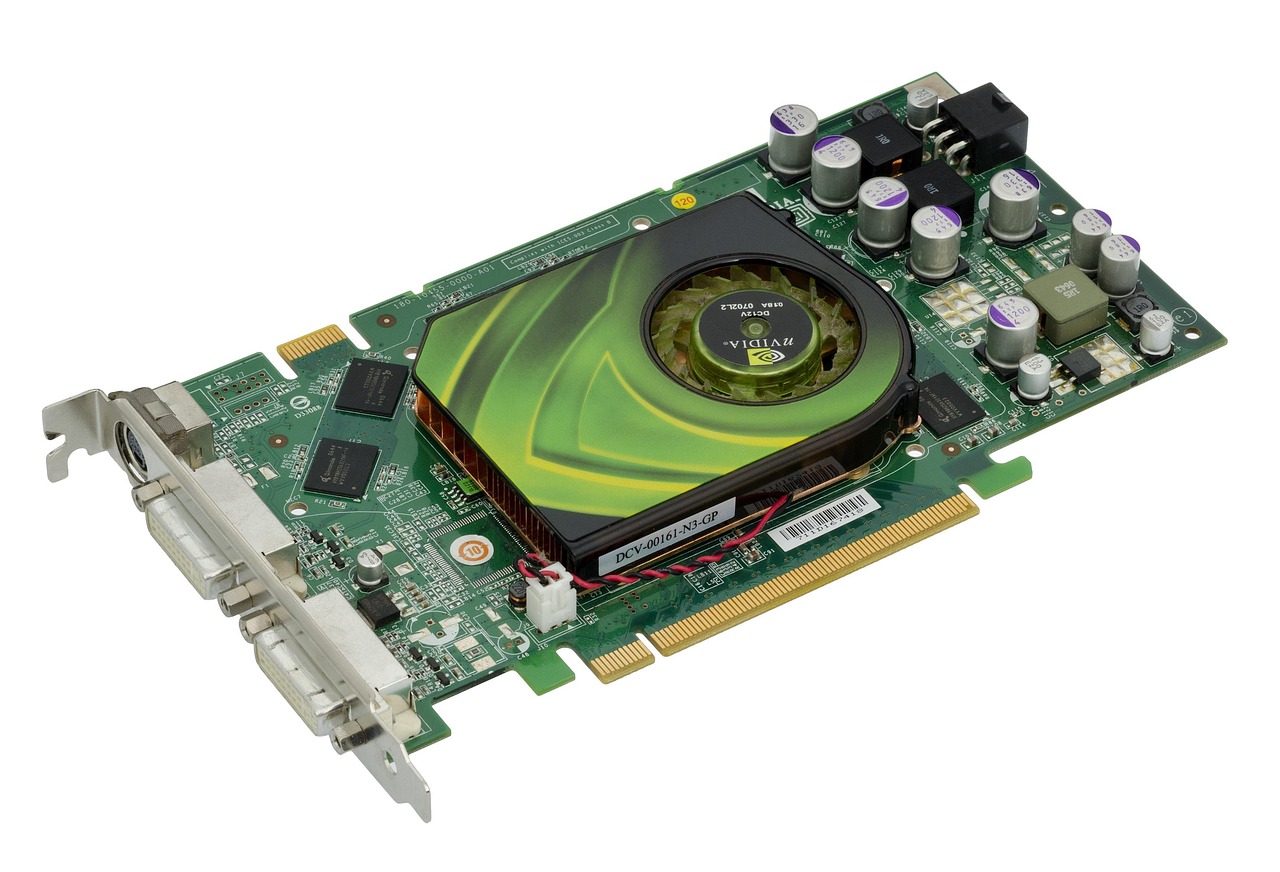Understanding Common AI Terms: A Comprehensive Guide

Brief news summary
Here are some key terms to help you grasp the fundamentals of artificial intelligence (AI): 1. AI: Systems that mimic human thinking. 2. Machine learning: Making predictions by analyzing data. 3. Artificial general intelligence: Achieving or surpassing human-level intelligence. 4. Generative AI: Using training data to create text, images, or code. 5. Hallucinations: Errors made by generative AI due to limited or biased data. 6. Bias: Prejudice in AI tools caused by the data they are trained on. 7. AI models: Trained systems capable of independently performing tasks or making decisions. 8. Large language models: Specialized in processing and generating natural language text. 9. Diffusion models: Creating images, audio, or video based on text prompts. 10. Foundation models: AI models extensively trained on diverse data for various purposes. 11. Frontier models: New AI models with enhanced capabilities. 12. Natural language processing: AI's ability to comprehend human language using machine learning. 13. Inference: The response produced by generative AI. 14. Tokens: Units of text analyzed and generated by AI models. 15. Neural networks: Enable machines to process data like the human brain. 16. Transformers: Neural networks that utilize attention mechanisms to process information. 17. RAG models: Employ external context for more accurate generation. 18. Hardware: High-performance hardware, such as Nvidia's H100 chips and neural processing units (NPUs), is essential for efficient AI inference. By familiarizing yourself with these terms, you will develop a better understanding of AI concepts and applications.Artificial intelligence (AI) is a popular topic in the tech industry, but the terminology can be confusing. Here is a summary of some common AI terms: 1. AI: The discipline of computer science dedicated to creating computer systems that can think like humans. 2. Machine learning: AI systems trained on data to make predictions and learn from new information. 3. Artificial general intelligence (AGI): AI that is as smart or smarter than humans. 4. Generative AI: Technology capable of generating new text, images, code, etc. 5. Hallucinations: When generative AI tools confidently make up answers due to their training data, resulting in errors or gibberish. 6. Bias: AI systems may demonstrate biases based on their training data. 7. AI model: Trained on data to perform tasks or make decisions. 8. Large language models (LLMs): AI models that process and generate natural language text. 9. Diffusion models: AI models used to generate images from text prompts. 10.
Foundation models: Generative AI models trained on vast amounts of data and used as a basis for various applications. 11. Frontier models: Unreleased future models that could be more powerful but come with potential risks. 12. Natural language processing (NLP): The ability of machines to understand human language. 13. Inference: When a generative AI application generates a response. 14. Tokens: Chunks of text used for analysis and generation by AI models. 15. Neural network: Computer architecture that helps process data using nodes. 16. Transformer: A type of neural network architecture that uses attention mechanisms to understand relationships in a sequence. 17. RAG (retrieval-augmented generation): AI models that can find and incorporate external context to improve accuracy. 18. Nvidia's H100 chip: A popular GPU used for AI training. 19. Neural processing units (NPUs): Dedicated processors in devices that perform AI inference. 20. TOPS (trillion operations per second): A measure used to showcase the AI capabilities of chips. These terms will help you better understand AI and its applications.
Watch video about
Understanding Common AI Terms: A Comprehensive Guide
Try our premium solution and start getting clients — at no cost to you

I'm your Content Creator.
Let’s make a post or video and publish it on any social media — ready?
Hot news

Generative Engine Optimization: A VLM and Agent F…
In the rapidly evolving realm of digital content and artificial intelligence, enhancing search visibility on visual platforms poses significant challenges.

Adobe Acquires Semrush to Enhance AI-Powered Mark…
Adobe Systems Inc., the global software giant known for its creative tools, has announced its acquisition of Semrush, a top provider of digital marketing analytics and SEO software.

Deepfake Technology Advances: Implications for Vi…
Deepfake technology has seen remarkable progress in recent years, leading to the creation of highly realistic manipulated videos that convincingly depict individuals saying or doing things they never actually did.

Introducing SMM 2026: The Future of AI-Powered So…
As we progress further into 2026, we are excited to introduce SMM 2026, our innovative social media marketing platform that marks a significant transformation in digital audience engagement.

Shopify Merchants to Pay 4% Fee on ChatGPT Checko…
According to the report, sales completed through chatbot checkouts provided by Google’s AI Model and Gemini, as well as Microsoft’s Copilot, will not incur any additional fees for the time being.

CoreWeave Secures $650 Million Credit Line for AI…
CoreWeave has secured a substantial $650 million credit line to expand its artificial intelligence infrastructure, marking a crucial step as it aims to meet the increasing global demand for AI computing resources.

NVIDIA's market cap once again reaches the pinnac…
NVIDIA's Market Capitalization Hits New Highs Amid AI Surge, Driving Demand for High-Speed Copper Cable Connectivity NVIDIA Corporation has once again achieved a major milestone in its market capitalization, fueled by the rapidly expanding interest and adoption of artificial intelligence (AI) technologies across multiple industries
AI Company
Launch your AI-powered team to automate Marketing, Sales & Growth

and get clients on autopilot — from social media and search engines. No ads needed
Begin getting your first leads today








